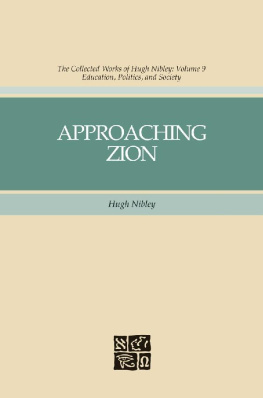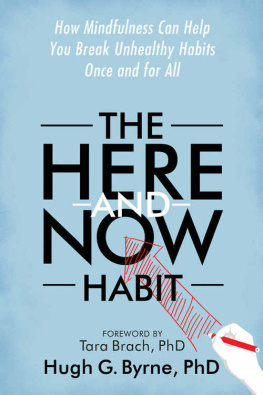About the Book
The key steps to leading a happier, more contented and fulfilling life.
Hugh van Cuylenburg was a primary school teacher volunteering in northern India when he had a life-changing realisation: despite the underprivileged community the children were from, they were remarkably positive. By contrast, back in Australia Hugh knew that all too many people found it hard to be happy, or suffered from mental illnesses such as depression and anxiety. His own little sister had been ravaged by anorexia nervosa.
How was it that young people he knew at home, who had food, shelter, friends and a loving family, struggled with their mental health, while these kids seemed so contented and resilient? He set about finding the answer and in time came to recognise the key traits and behaviours these children possessed were gratitude, empathy and mindfulness.
In the ensuing years Hugh threw himself into studying and sharing this revelation with the world through The Resilience Project, with his playful and unorthodox presentations which both entertain and inform. Now, with the same blend of humour, poignancy and clear-eyed insight that The Resilience Project has become renowned for, Hugh explains how we can all get the tools we need to live a happier and more fulfilling life.
AUTHORS NOTE
When I was first approached to write a book, my answer was no. I thought only people of great importance penned books. Who was I to write one?! But when I told my wife Penny, she said, Dont be so selfish. People will benefit from your stories, and if it helps to turn one persons life around, itll be worth it.
Im not very good at saying no to Penny.
The Resilience Project: Finding Happiness Through Gratitude, Empathy and Mindfulness is a collection of personal stories that helps to explore the concepts of gratitude, empathy and mindfulness, how you practise them, and the benefits of integrating them into your everyday life.
I am not a psychologist, I am not a psychiatrist and I definitely do not see myself as a motivational speaker. I am a proud teacher and a storyteller.
A warning: this book contains stories about mental illness, sexual abuse and suicide that may be triggering for some readers. For this reason crisis support services are listed at the back of the book, and I would encourage anyone experiencing mental health issues to contact a GP or mental health practitioner.
Thank you for taking the time to read this book. I hope you find it helpful.
With gratitude,
Hugh van Cuylenburg
CHAPTER 1
THE MOMENT EVERYTHING CHANGED
Whenever things went wrong in our little corner of the world, Mum would always get busy in the kitchen. Hassles at school? Lasagne. A humbling loss at cricket? Roast chicken. Trouble with girlfriends? Amazing curry. At the first sniff of trouble the house would overflow with heartening aromas as Mum did her best to cook us out of the doldrums.
Dinnertime at the van Cuylenburgs was the best. Whether we had issues to sort through or not, when I sat down each night with Mum and Dad, my sister Georgia and our little brother Josh, the meals were seasoned with hilarious stories and garnished with joy. For the first 16 years of my life, dinnertime was without doubt the highlight of my day.
Then, in 1996, it suddenly wasnt anymore. A shadow fell across our family, and no amount of Mums great cooking could make it go away. Georgia was 12 when she stopped eating regular meals. Almost overnight the laughing and the stories ceased. Dinnertime became the worst part of the day. For all of us.
I was only a teenager, and I reacted to the about-face in our familys happy routine by getting frustrated with Georgia and how upset she was making Mum and Dad by refusing to eat. Georgia seemed to have a million excuses about why she couldnt eat this or that type of food. To me, it was infuriating.
Up until then we had been an extraordinarily tight family. We never argued. We never fought. I was close to both my brother and sister, and the three of us worshipped the ground our parents walked on. The worst family disagreement before Georgias illness was the time Josh who is six years my junior hurled a tennis ball into my back. We dont recall what caused the angry outburst, only that Josh cried for the next half-hour because he felt so bad about what hed done.
But now, daily arguments erupted over food and bubbled over into noisy fights that only grew more and more heated. Mum would be reduced to tears and soon Dad would start crying, too. Id sit there at the table in silent disbelief, thinking, What is going on here? Georgia just eat your food, and Mum and Dad will stop crying! Cant you see youre breaking their hearts?
Id look helplessly at Josh, who was just 11 a pretty vulnerable age to see the safety net of your family unravel before your eyes. But then things got even worse. There were arguments about what Georgia ate at school, fights about what was left in her lunchbox when she got home and daily clashes about breakfast. Things got weird; Id hear arguments erupt at two oclock in the morning because my parents had found Georgia standing in the pantry, picking the sultanas out of a box of Just Right.
One day Mum and Dad came home from a visit to a doctor and explained anorexia nervosa to me. Or at least, they tried to. Your sister is not well, Hugh, they said. She cant help that she doesnt want to eat. You have to understand that its a mental illness, OK?
I nodded and mumbled something affirmative, but the truth was I didnt understand it at all. Its an illness? Dont be ridiculous, I thought to myself. If she eats food shell get better and our family will be happy again and Mum and Dad wont be crying, so why wont she just fucking eat?
As I stuffed my head deeper into the sand, anorexia started to show physically on Georgia. She ceased to resemble my little sister; she became a gaunt, pallid stick figure in a nightie, thinning hair matted across her face as she fluttered weakly to the pantry in the middle of the night, like an emaciated moth to a barely flickering flame.
Georgia! I said, when I interrupted one of her 2 am missions. Get back to bed! But she just looked at me as if I wasnt there, and slowly returned to the box of Just Right and her micro-feast of hardened sultana fragments.
I thought things couldnt get any more distressing, but they did. Georgias efforts in the kitchen went from bizarre to near toxic. She would slather Brussels sprouts in balsamic vinegar and microwave them on high for three minutes. Shed read somewhere that if you nuke sprouts and balsamic vinegar for long enough therell be no calories left, rendering the meal acceptable for her consumption. The house stank of burnt sprouts for a year.

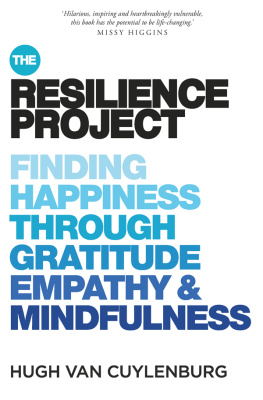
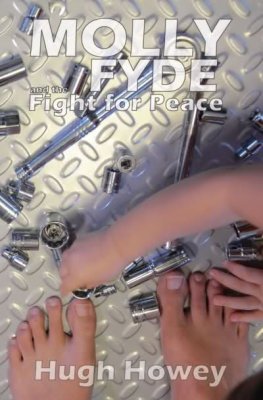
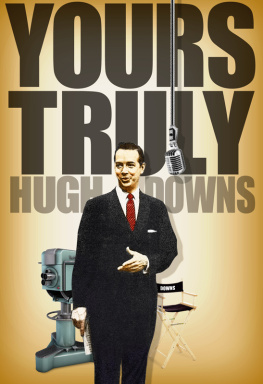
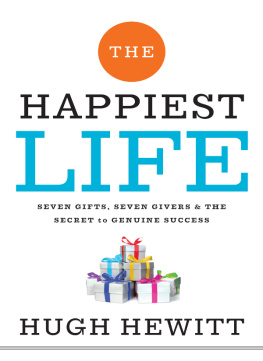
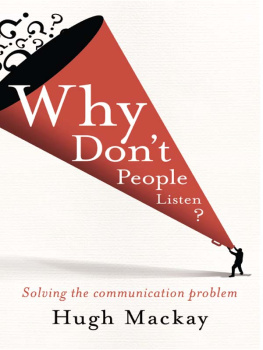
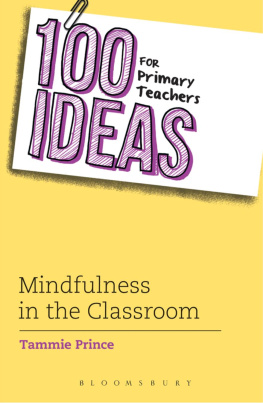
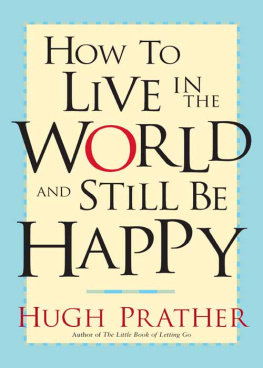
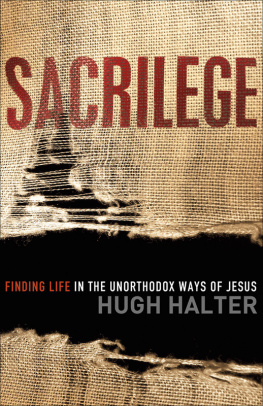
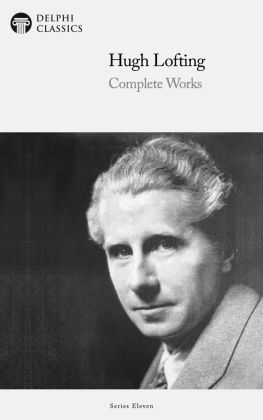
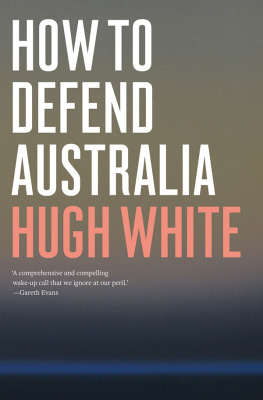
![Robert Hugh Benson [Benson - Robert Hugh Benson Collection [11 Books]](/uploads/posts/book/139831/thumbs/robert-hugh-benson-benson-robert-hugh-benson.jpg)
